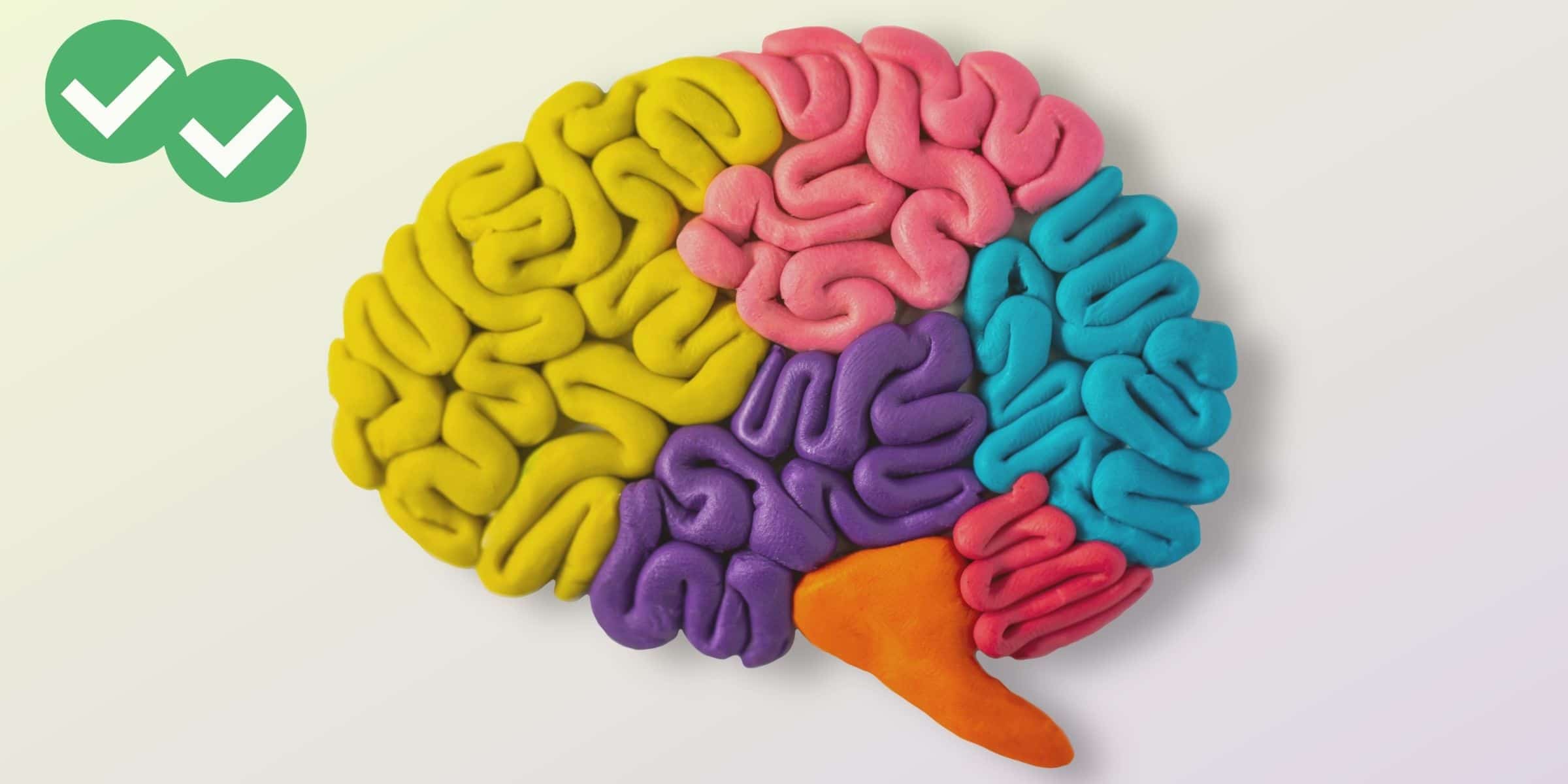
As I mentioned in a previous post, the TOEFL measures your ability to do the following:
1) Understand new information
2) Make inferences based on new information
3) Add your own information to new information
4) Create completely original new information
The TOEFL Reading section focuses on skills 1, 2, and 3 in the list above. TOEFL Reading especially measures your ability to understand new information and make inferences. This post will focus on those two skills.
To practice learning new words and phrases, look for reading material with challenging vocabulary in it. Movie reviews can be a fun source of new vocabulary. Reviewers seem to enjoy using big and unusual words. I’ve found this to be especially true of movie reviews at The AV Club, but just about any movie review can be good for this. Educational websites like National Geographic offer challenging vocabulary as well. To really build on your skills, you may also want to look up articles on Google Scholar. Scholarly articles can really stretch the limits of your vocabulary.
TOEFL Reading also measures your ability to learn new information from sentences, paragraphs, and whole reading passages. To practice this skill, find an article from the Internet. Copy it into a Word document and edit it. Try to make the article shorter without getting rid of any important information. Are there sentences that can be combined together? Are there sentences that can be completely removed from the article? Which paragraphs can be shortened or removed? Which information cannot be changed or shortened, because it is too important to the article as a whole? This activity can help you identify all the important pieces of information in a passage. From there, you can understand the main idea (or main ideas) of the article.
Making inferences based on new information can be more challenging. Inferred information is not stated directly in the reading. How can you be sure you are inferring information correctly? Start practicing this skill by reading English language articles about things you are familiar with. English language news about your own country can be a helpful resource. Try international news sites such as Al Jazeera English or BBC World. You could also read about a favorite interest of yours. When you read about familiar subjects, try to infer you already know. For an example of how this can work, take this passage:
The People’s Republic of China is a socialist republic ruled by a single party, the Communist Party of China.
Power in the People’s Republic is divided between the National People’s Congress (NPC), the President, and the State Council. The NPC is the single legislative body, whose members are selected by the Communist Party. The State Council, headed by the Premier, is the administrative branch. The People’s Liberation Army also wields considerable political power.
The current President of China and General Secretary of the Communist Party is Xi Jinping. The Premier is Li Keqiang.
If you are a Chinese student preparing for the TOEFL, you can quickly infer that the Communist Party is the only political party operating in China. From your own firsthand knowledge, you can be sure that your inference is correct. That excerpt comes from About.com. About.com is a great website to read basic information about your home country, culture, or other interests, so that you can practice making easy inferences.
Once you’ve practiced with familiar topics, you’ll be ready to make more difficult inferences, based on completely new information. Try to read educational articles on topics you may not be familiar with. History, biography and science texts are particularly good because these subjects are common in TOEFL reading. However, any academic subject reading is good. Look for websites that focus on academic learning. General educational websites such as Smithsonian and the already mentioned National Geographic are useful too.
These kinds of reading exercises build general academic skills. These skills can boost your TOEFL score and also help you to be a better student. You can learn some fun new things along the way, too. Once you’ve learned new information, TOEFL reading also measures your ability to add your own information to what you’ve learned. We’ll look at ways to practice this skill in my next post.






Leave a Reply